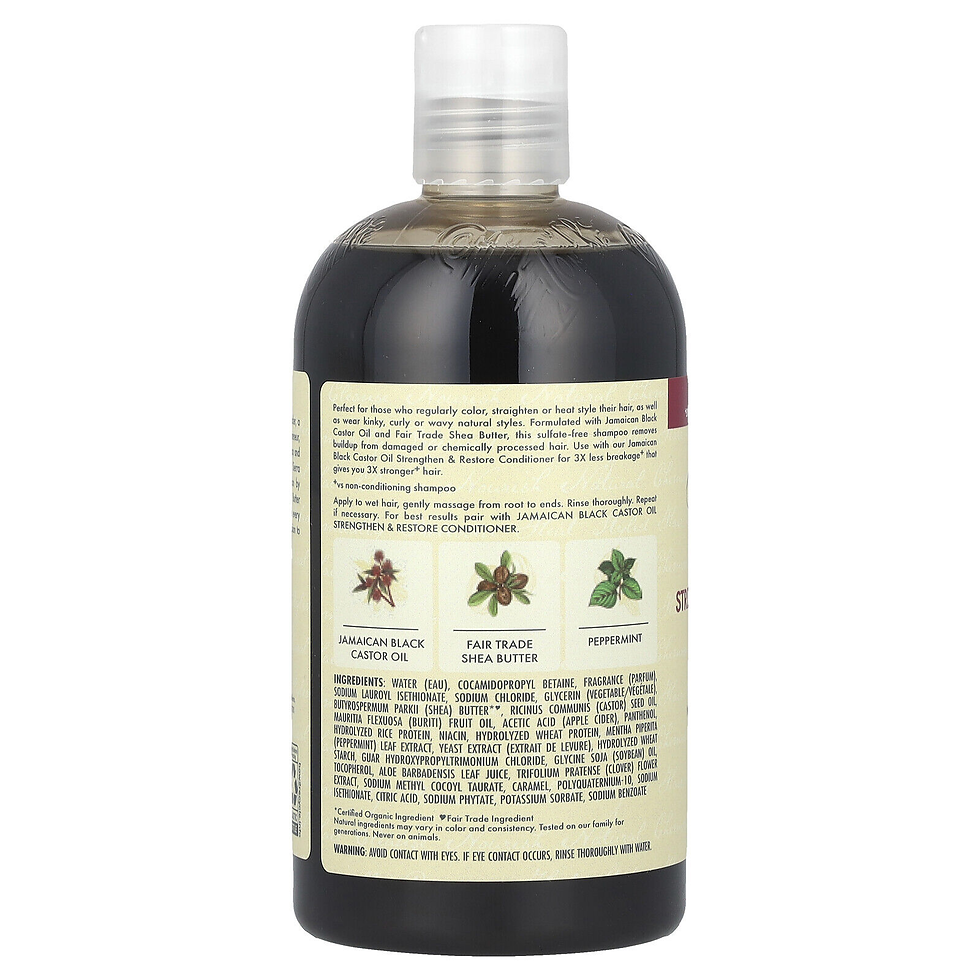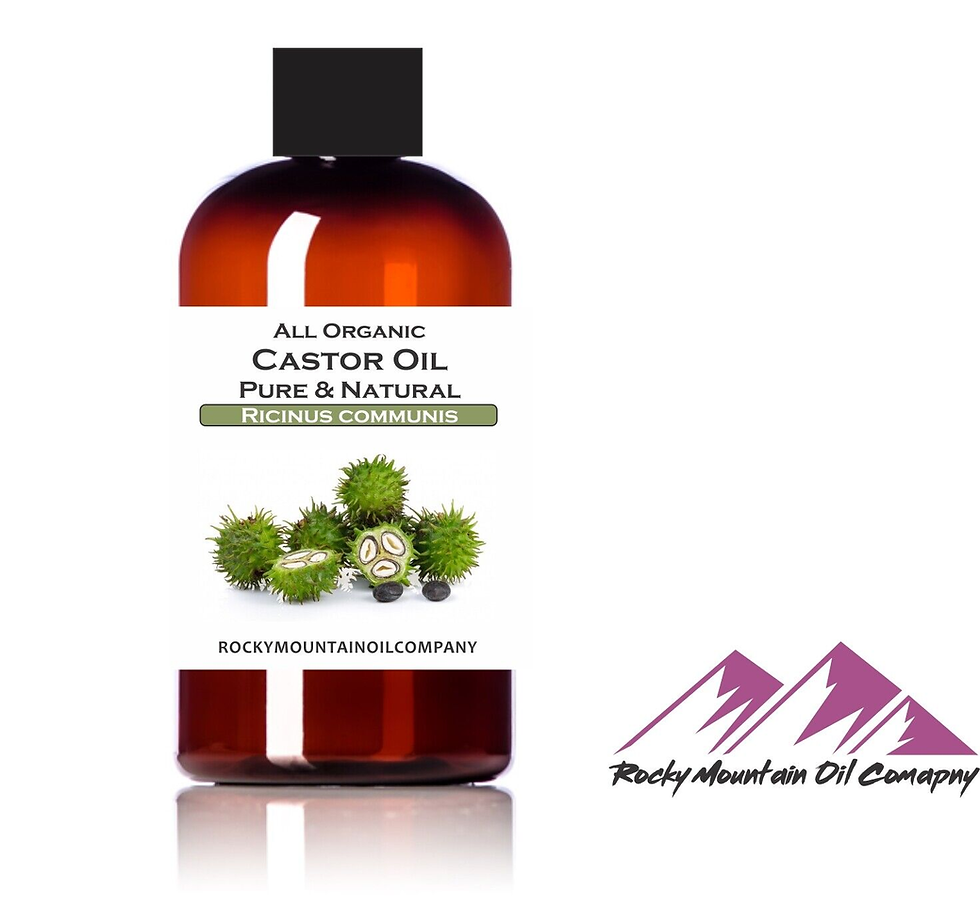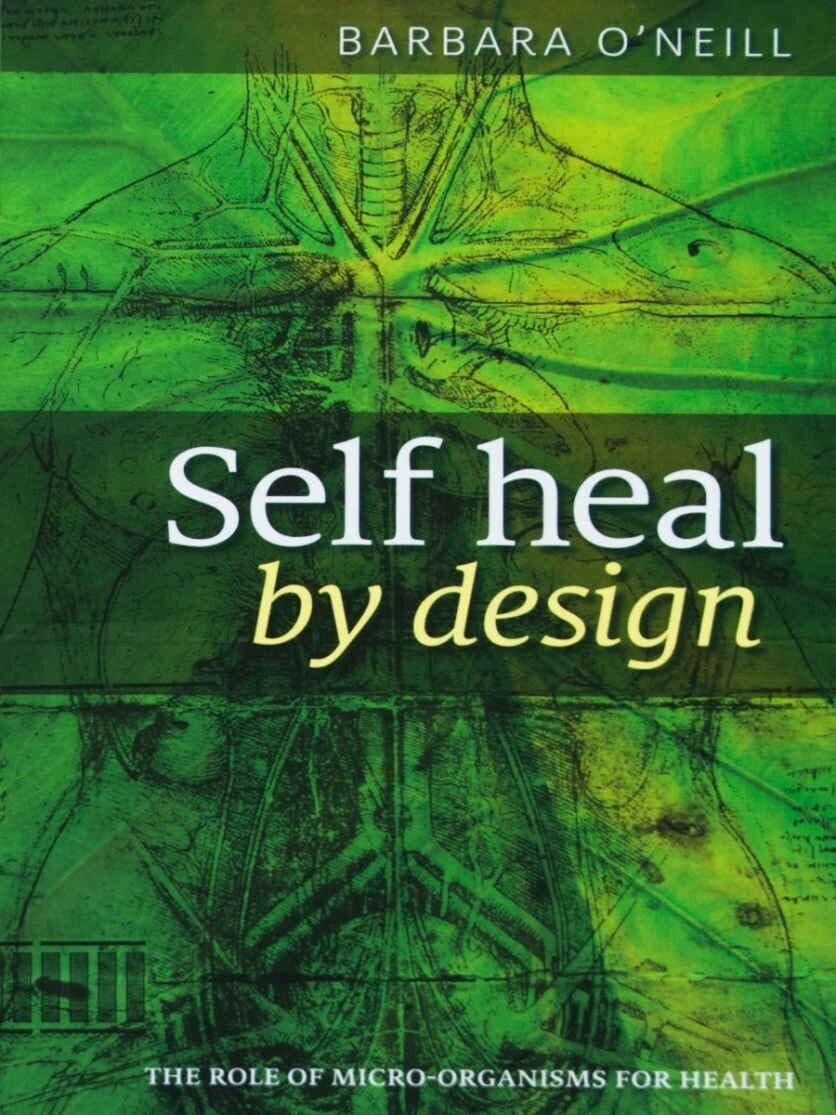Organic Whole Wheat Couscous – Non-Gmo, Kosher, Raw, Vegan – by Food to Live
From
$10.19
eBay


Organic Whole Wheat Couscous by Food to Live (Non-GMO, Bulk, Kosher)
- Certified Organic by A Bee Organic
- Certified Kosher by Union of Orthodox Jewish Congregations of America
- Suitable for Vegetarians
- Suitable for Vegans
- Non-GMO
About the product:
- ✔️PERFECT SWEET & SAVORY SIDE: Organic Couscous dishes can be sweet or savory as it goes well with anything.
- ✔️ORGANIC CERTIFIED PRODUCT: Food To Live guarantees that our Organic Couscous is non-GMO and toxin-free.
- ✔️ENERGIZING LOW-CALORIE MEAL: Eat couscous to get a burst of energy that comes at a cost of only a few calories.
- ✔️NUTRITIOUS WHEAT PRODUCT: Organic Couscous contains wheat and gives you a boost of essential minerals, including iron.
- ✔️PROTEIN-RICH FOOD: Organic Couscous from Food To Live contains a lot of protein, so it’s good for vegans and athletes.
Couscous: Definition and History
Couscous is a type of ‘granular pasta’ traditionally made of semolina (coarse, purified wheat middlings). It can be called ‘granular’ because it’s extremely small. Organic Couscous from Food To Live is a top-quality product made with extreme care. We want to ensure that you enjoy this delicious dish and guarantee that our couscous will be tasty and fluffy if cooked right.
Wheat couscous originates from North Africa, where it’s considered a staple food. Note that some of the local countries treat is as a delicacy to be served on holidays and to commemorate special occasions. However, in many countries, it’s a food as common as pasta in the Western world.
Couscous traveled to Europe quite a few centuries ago and became extremely popular in Spain, Belgium, the UK, and other countries. Some surveys indicate that it’s the third most popular food in France, which is astounding as the French are very particular about the origins of their traditional dishes. This indicated that the people believe couscous to be an essential part of their culture.
Organic whole wheat couscous is usually cooked by steaming and served with a variety of foods. Its natural taste is so mild it’s barely noticeable. Therefore, it goes well with anything. You can serve it topped with stews, meat, vegetable, or fruits and nuts. You can also add it so salads or soups. To make a couscous dessert, just sweeten it with maple syrup or honey and enjoy with a glass of milk.
Food To Live Organic Couscous: Food for Every Occasion
Due to its extreme versatility, Organic Couscous from Food To Live can easily find a place at any table. Buying a bulk pack will allow you to enjoy this delicious and nutritious food for a long time.
Don’t be afraid of getting bored with it as you can change the taste of your couscous completely just by choosing a different seasoning.
As our product is organic certified, it doesn’t contain any harmful additives or GMO.
Is Couscous Pasta?
As it’s made of semolina or flour, couscous is, in fact, a type of pasta. However, it’s so tiny, most people believe it to be a grain. Nutrition-wise this product is close to one, but it has more carbs.
The traditional manual method of making couscous is extremely laborious. The semolina has to be rolled by hand into tiny pellets and sieved. It’s sprinkled with water to make it pliant and any granules that don’t match the requirements must be remade. The pellets are then left to dry under the sun.
In the olden times, the women gathered in groups and made couscous pellets together for several days. They produced huge batches of it that their families used for several months.
Today, machines do most of this work, which does not only save the time and health of women but also reduces the cost of production.
Is Couscous Vegan?
Couscous is the name of both the tiny granular pasta and the dish made from it. The former is 100% vegan by default, as long as you don’t’ cook it using meat broth.
On the other hand, whether the couscous recipe you make is vegan or not depends only on you as you’ll choose what to serve it with. Organic couscous goes well with everything, so you can enjoy it as both a vegan or a meat-eater.
Is Couscous Gluten-Free?
Traditional couscous is made of wheat and therefore it’s unsuitable for people with gluten sensitivity. However, today you can find some types of gluten-free couscous. This product must provide this information on the label alongside the list of ingredients.
Brown rice couscous is one of the most popular substitutes and it also is nutritious and tasty. Organic pearl couscous might also be gluten-free, depending on the flour it’s made of. However, bear in mind that the flavor and cooking techniques of these foods can differ from the original quite a bit.
Is Couscous a Carbohydrate?
As it’s a type of pasta, couscous is indeed a carb. However, it’s the good kind and doesn’t cause any sudden sugar level spikes. In fact, couscous carbs are a great ‘fuel’, so consider eating them for lunch.
A cup of the cooked product contains about 36 grams of carbohydrate. It’s 12% of the daily recommended amount, based on the standard 2,000-calorie diet. This means that couscous carbs are sufficient to give you a small boost of energy and help ward off hunger pangs for a while.
Interesting Couscous Nutrition Facts
Few people realize that despite not being a whole grain, couscous is rich in a variety of essential nutrients. It contains fairly large amounts of calcium and iron.
Couscous calories are so few that you can include it in any weight management plan.
Bodybuilders should enjoy couscous regularly as this product contains 6 grams of protein per cup. The amino acids you get from this food are easy for the body to digest and use.
As it always is with plant proteins, the ones you get from couscous are ‘incomplete’. However, eating them with vegetables and/or legumes provides a range of amino acids necessary to ‘complete’ them. Therefore, couscous is great for vegans as well.
Organic couscous contains trace amounts of sele



























































































